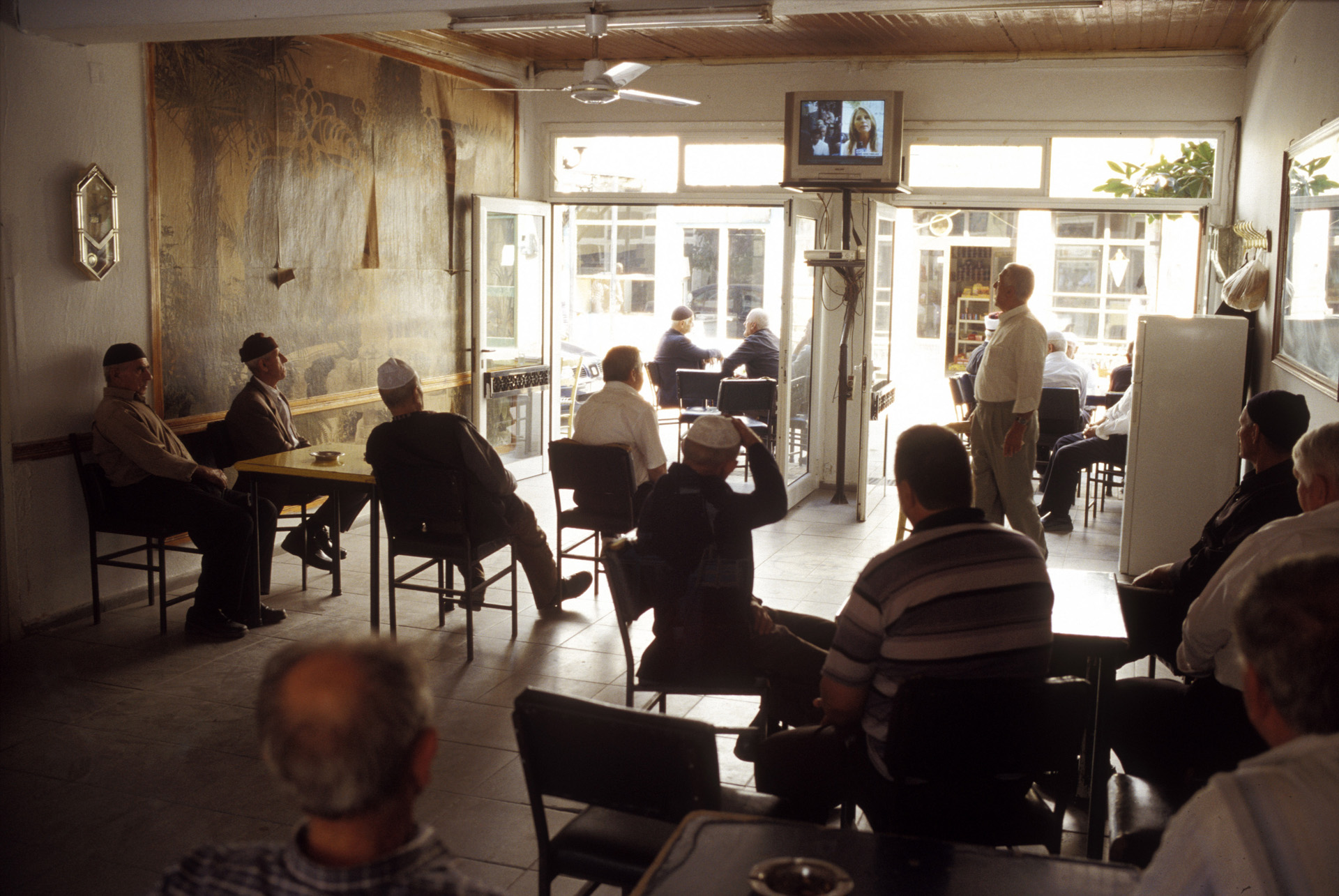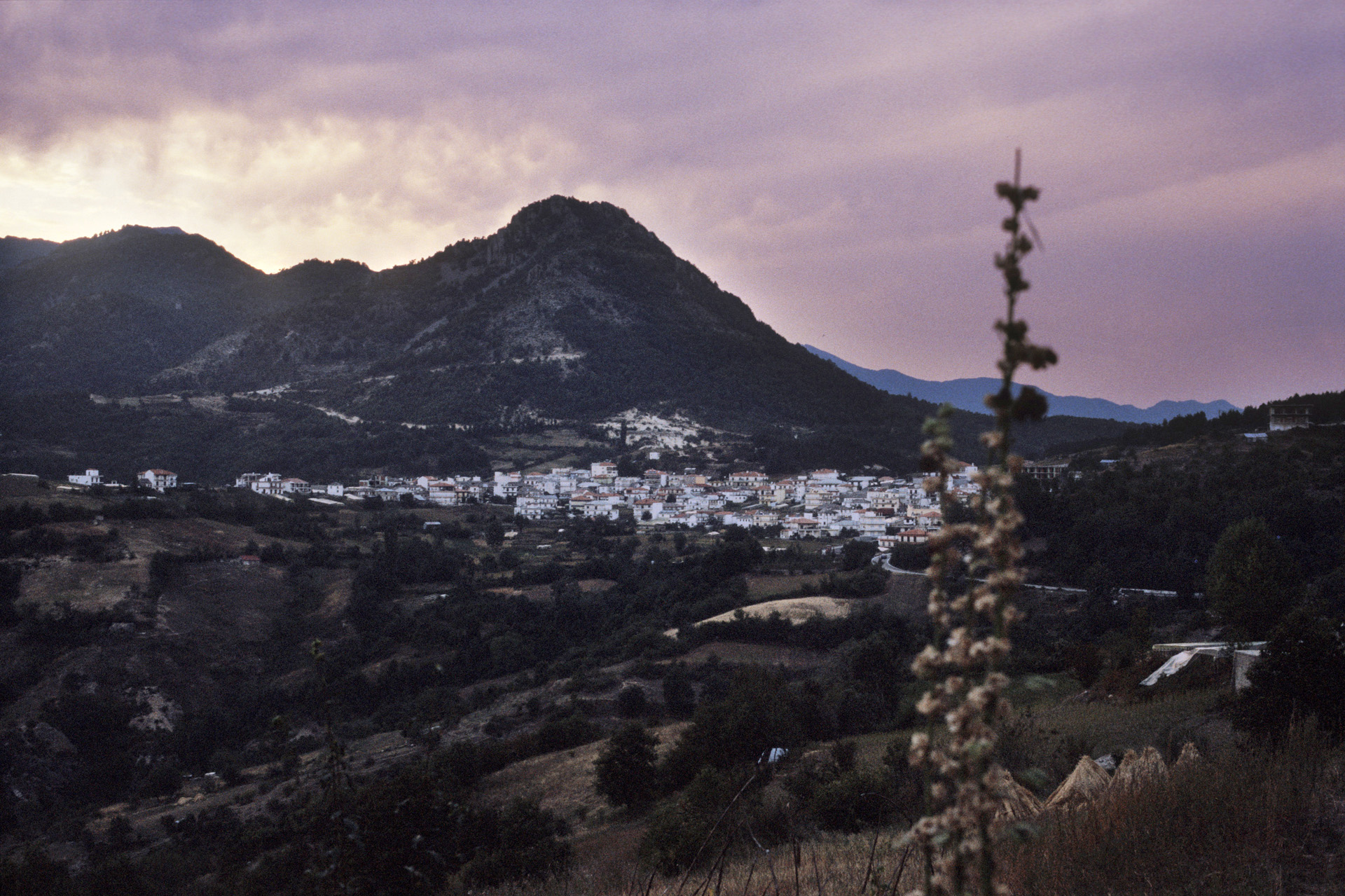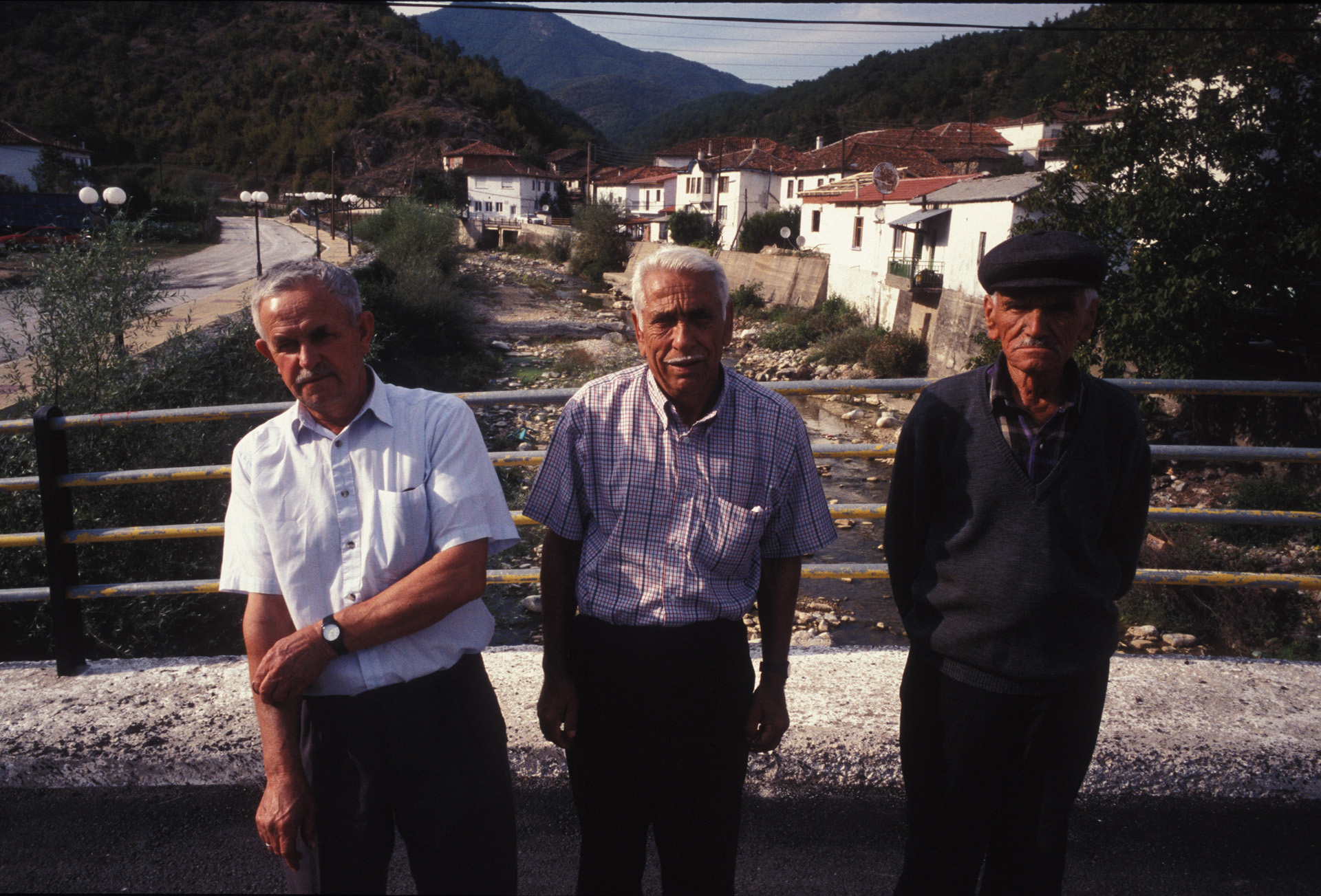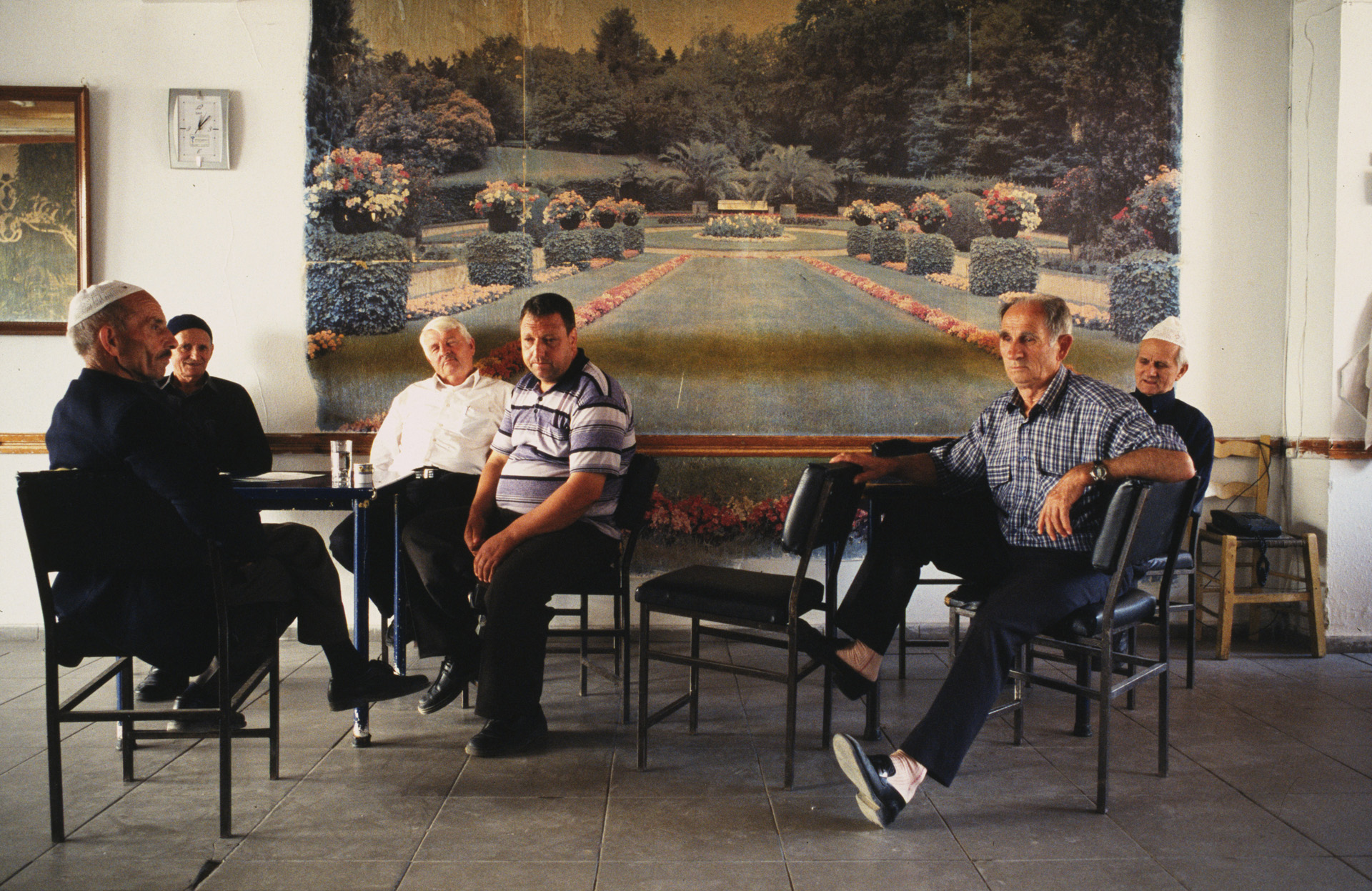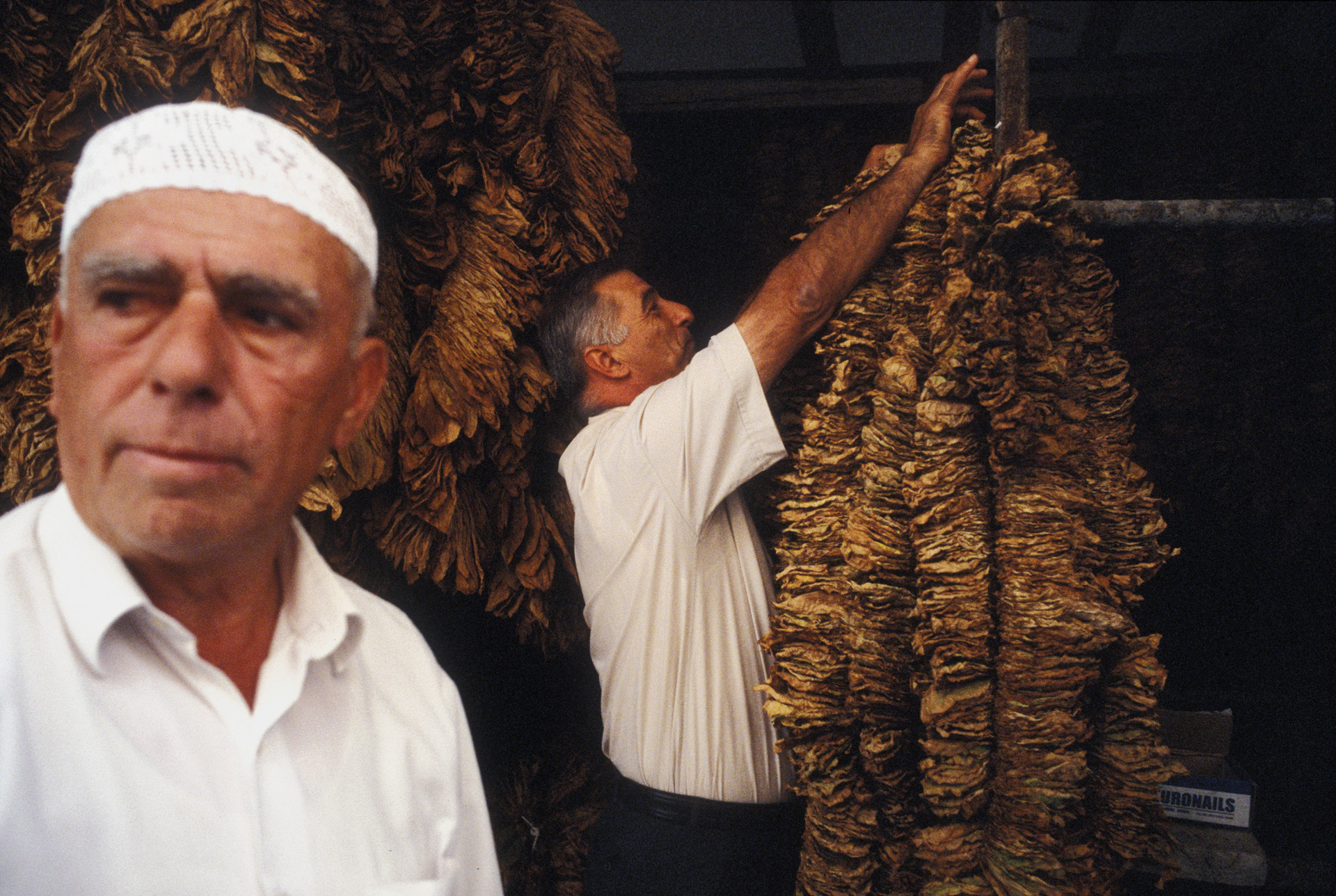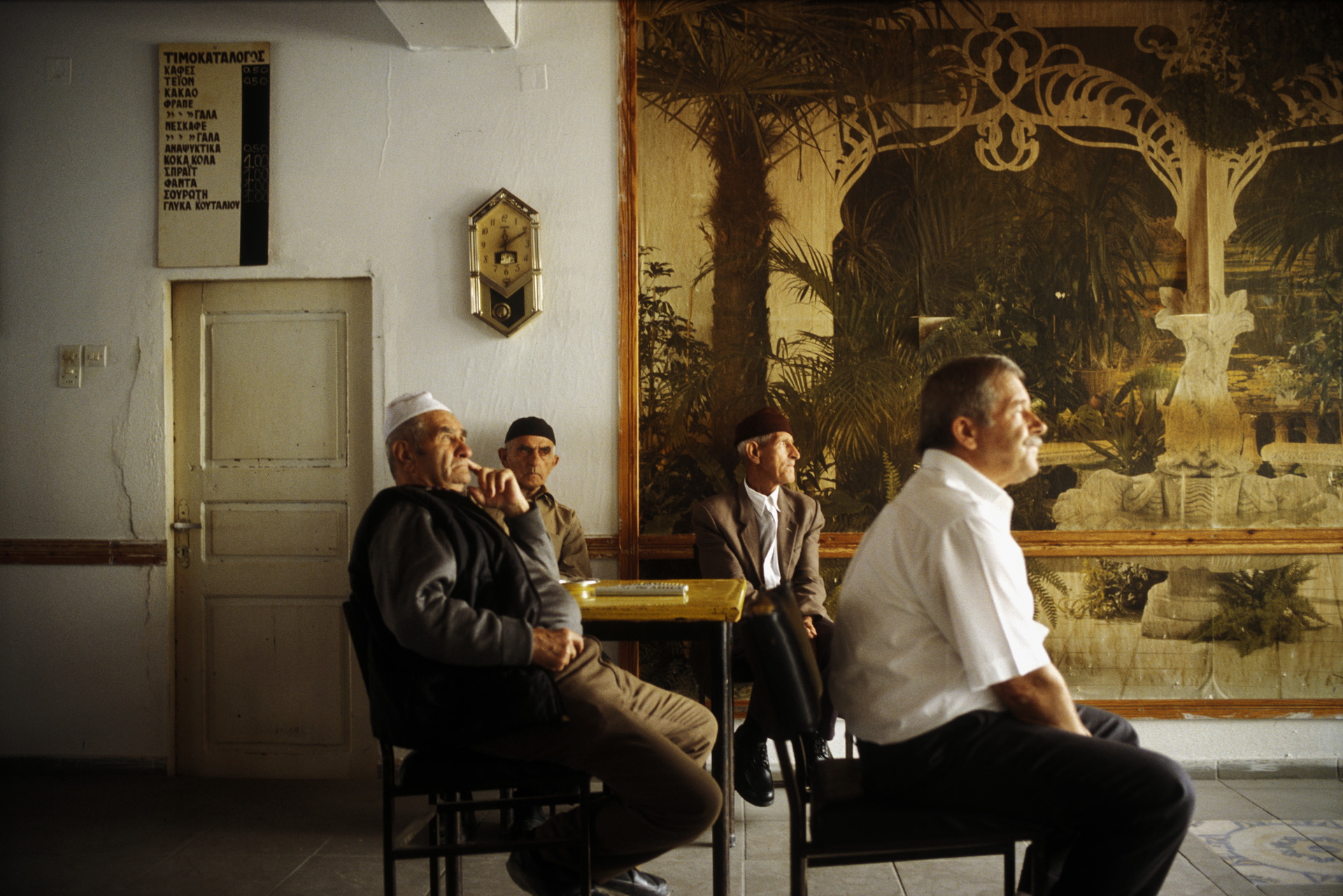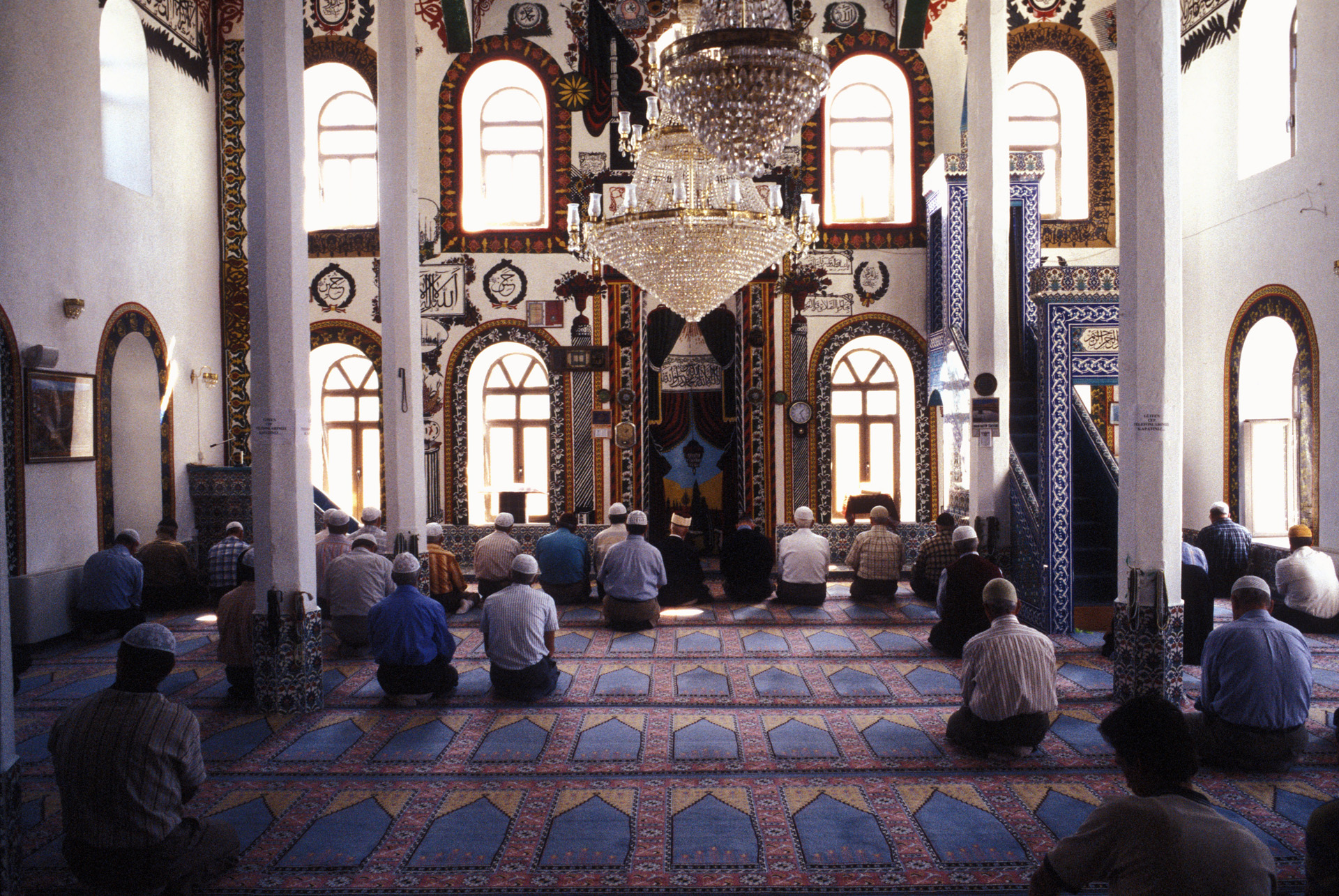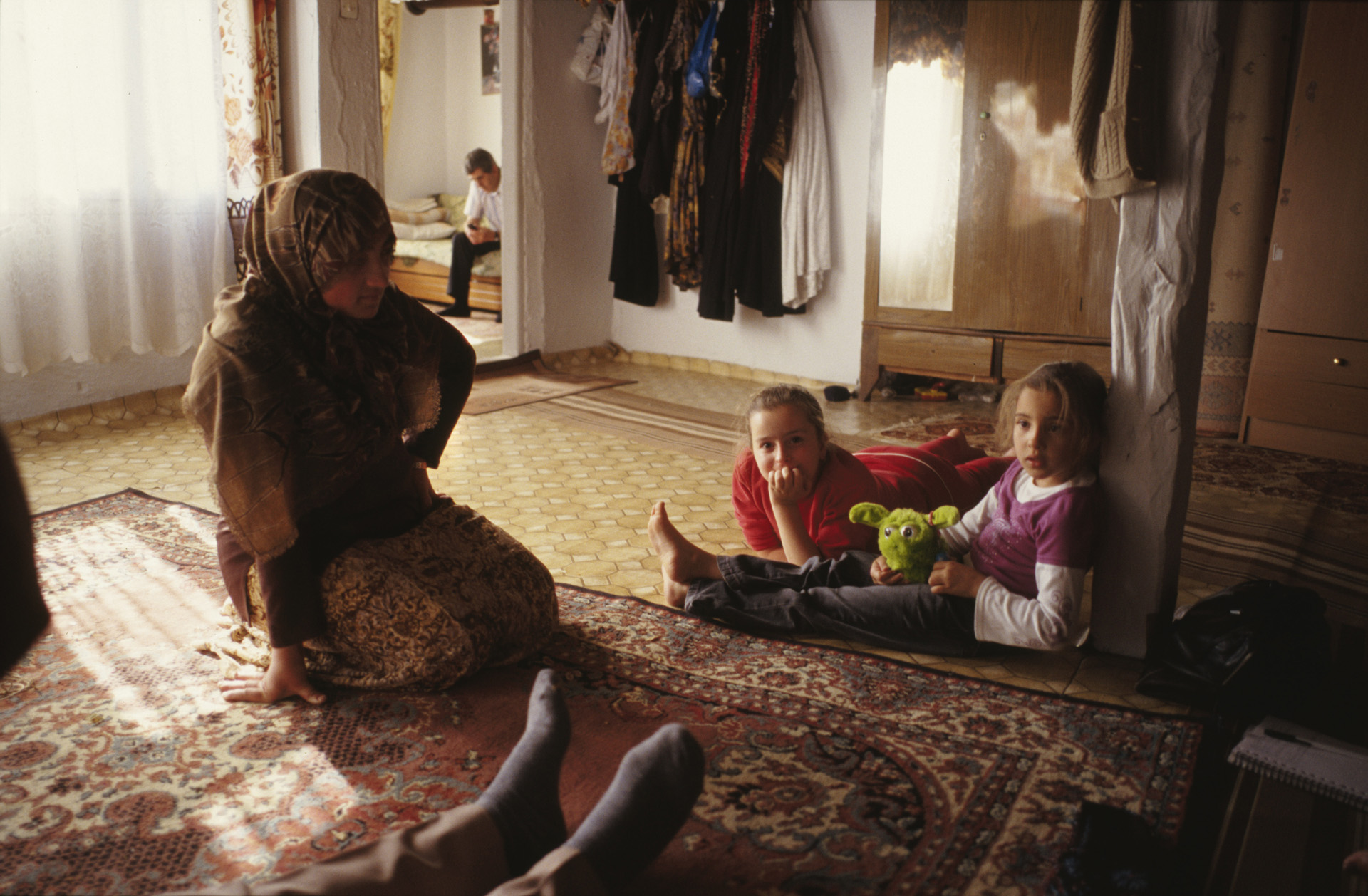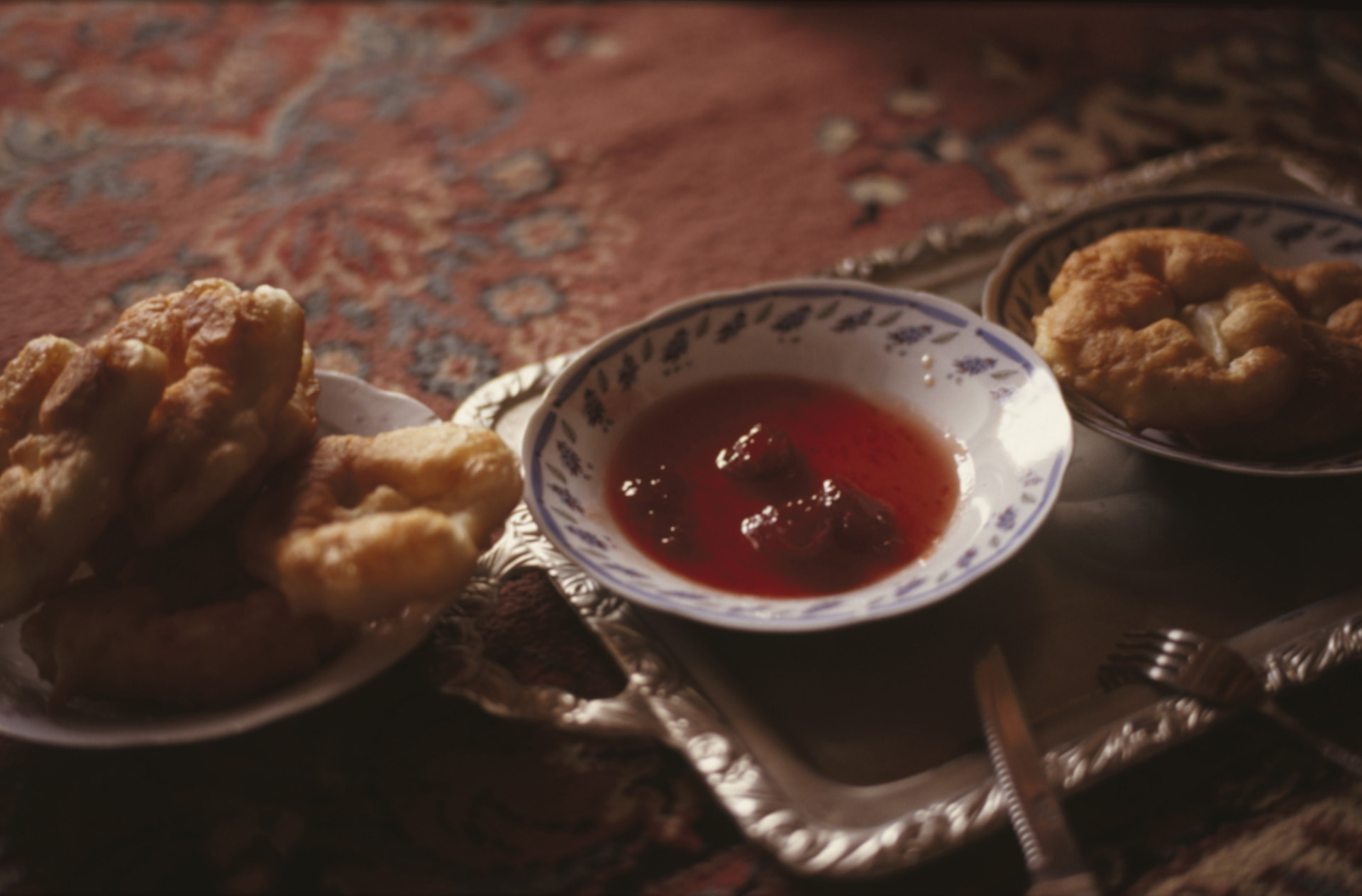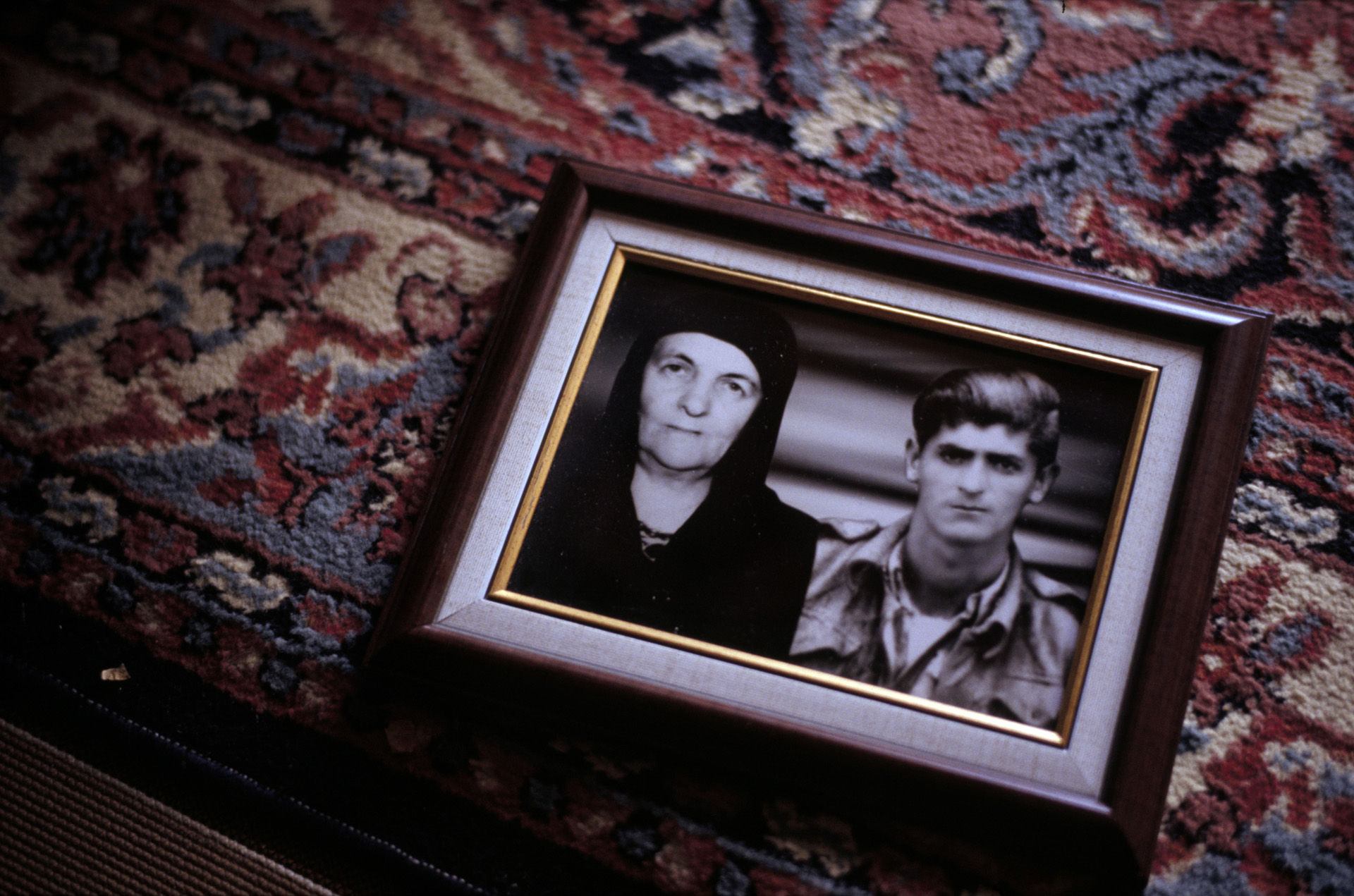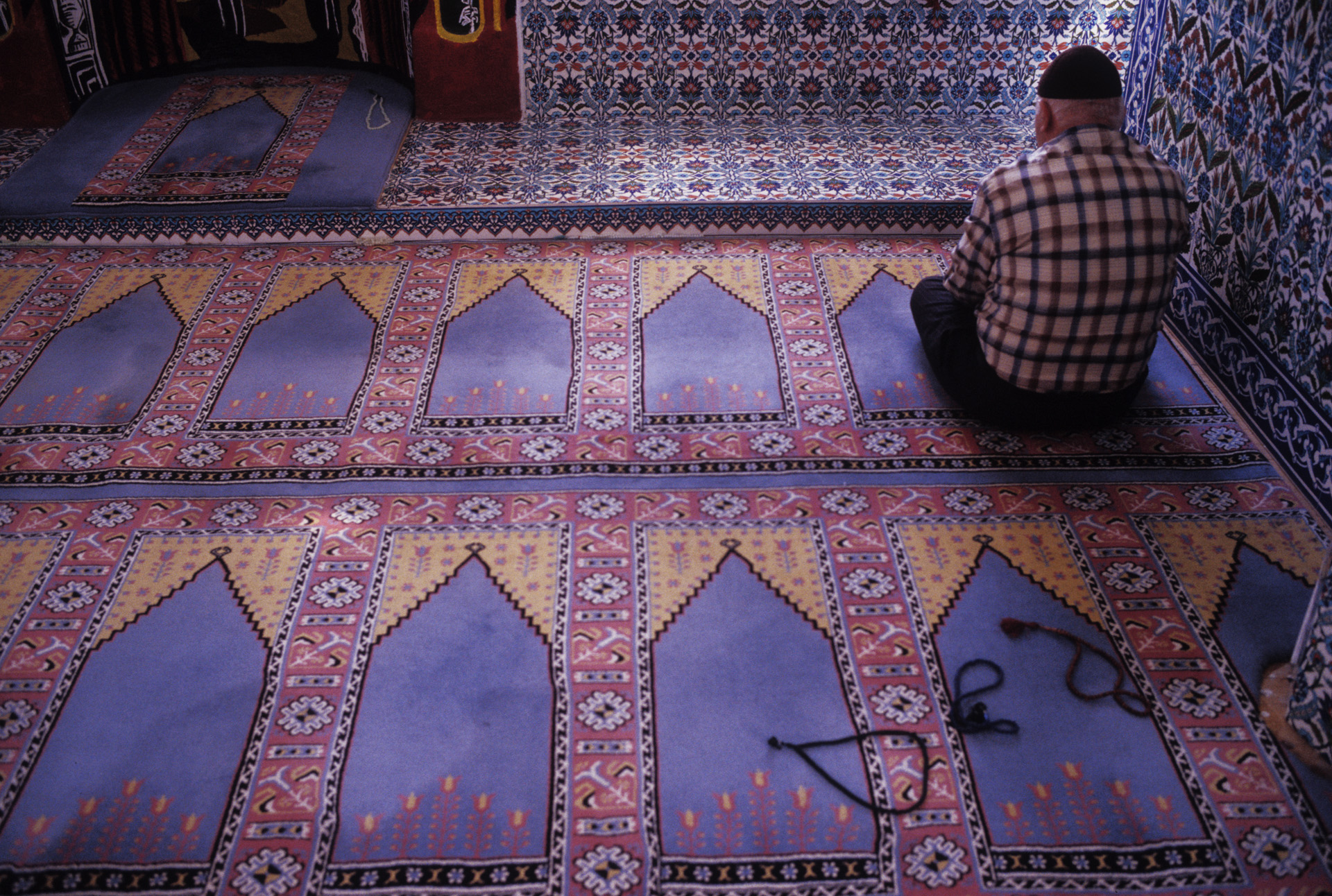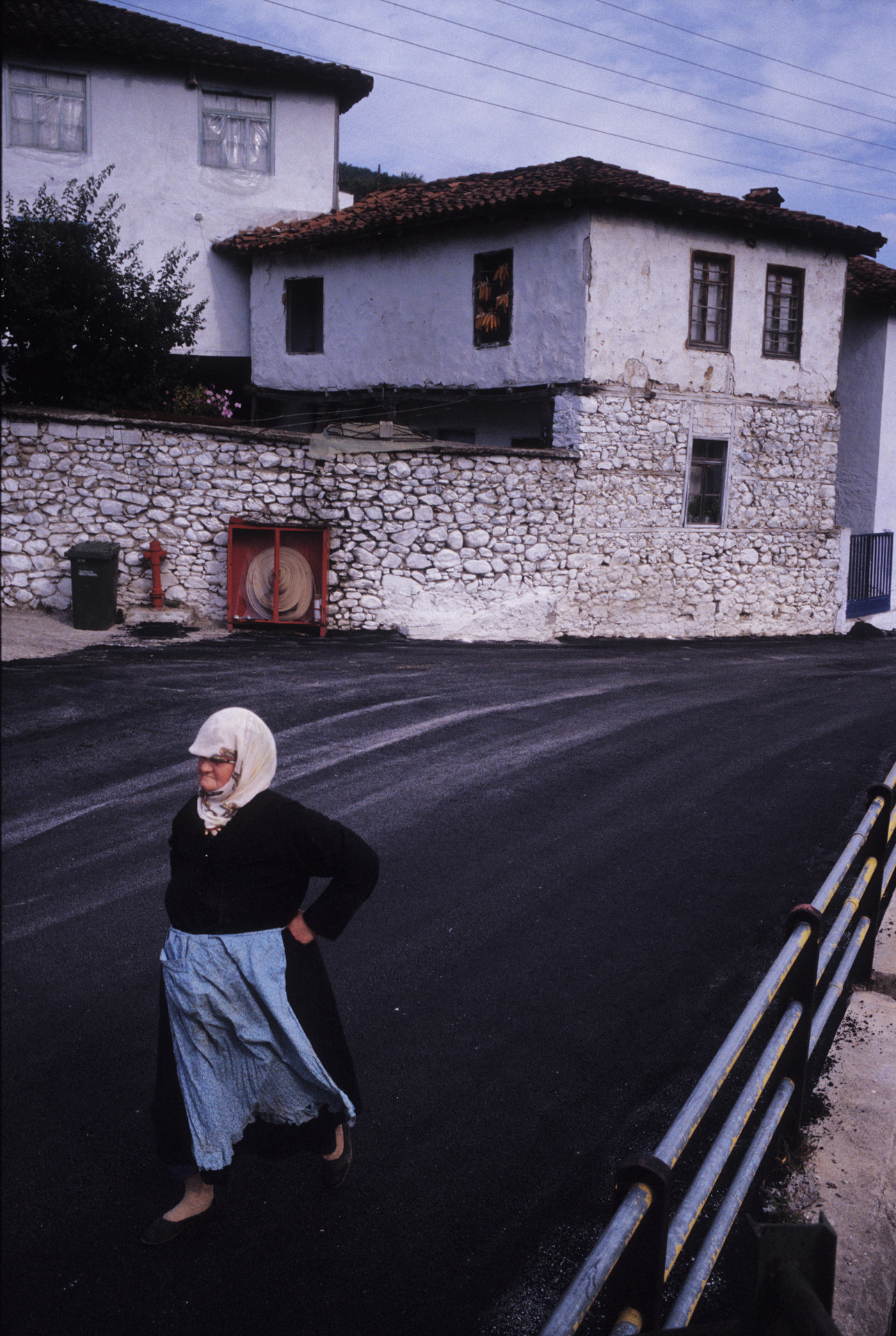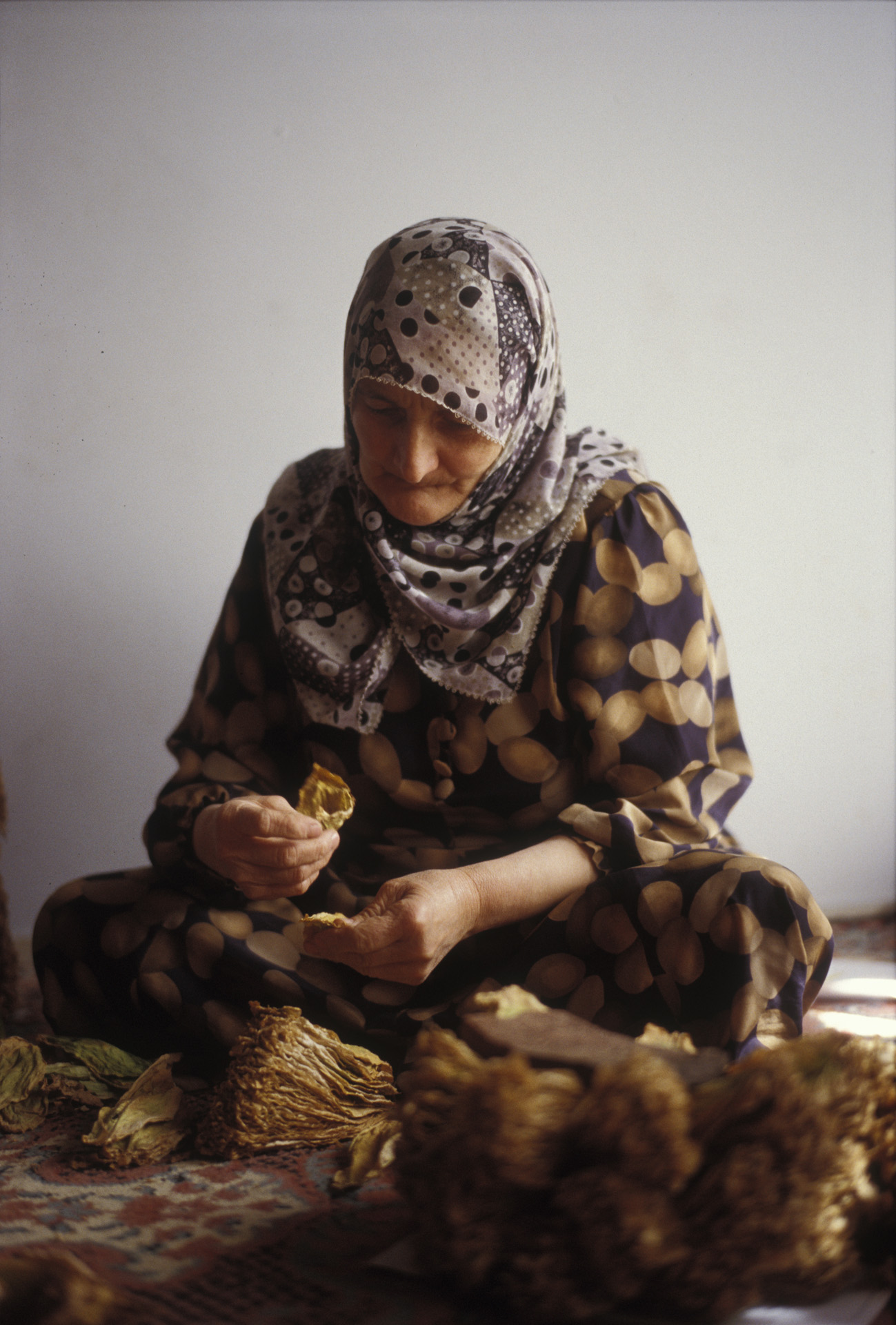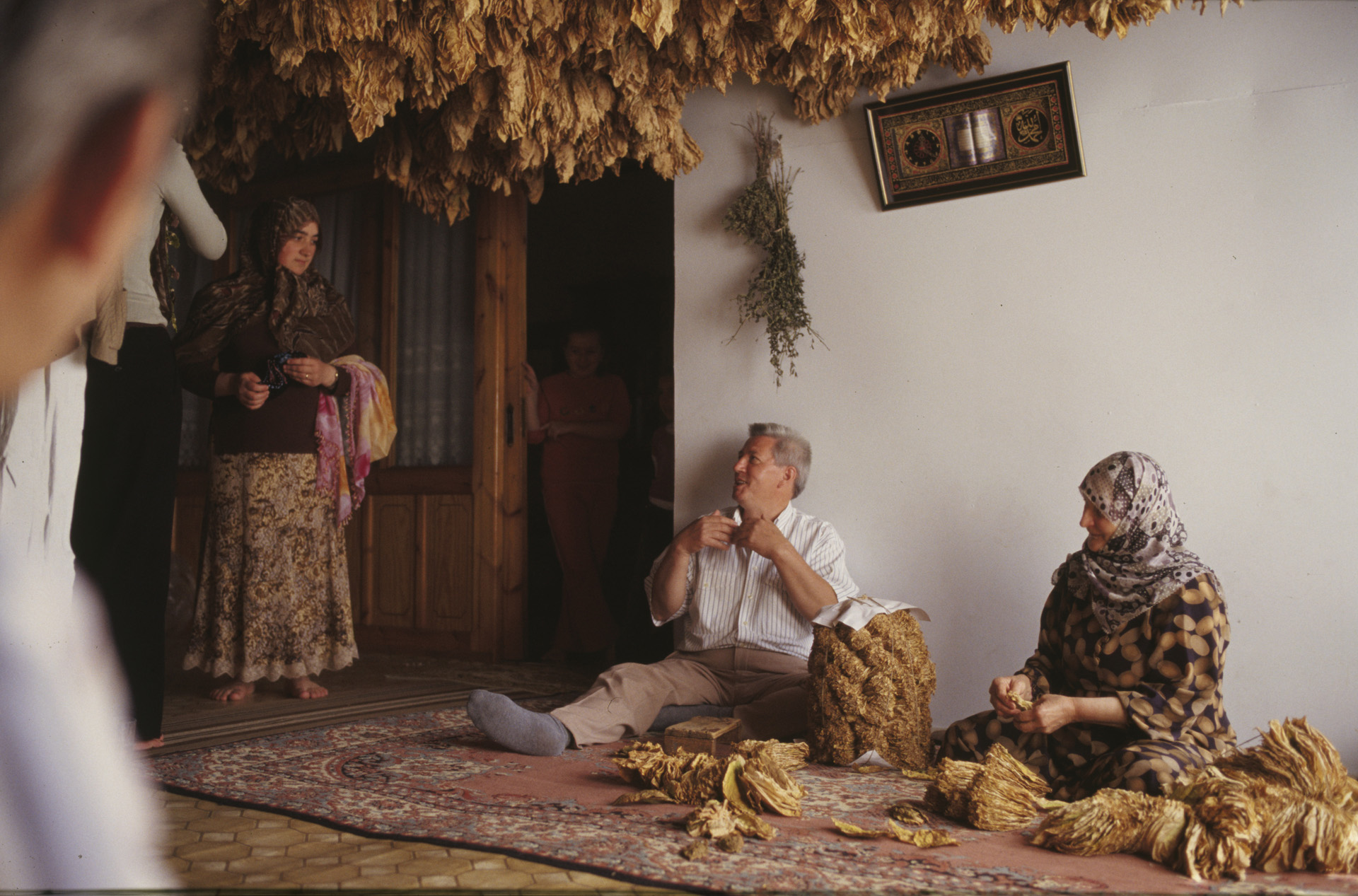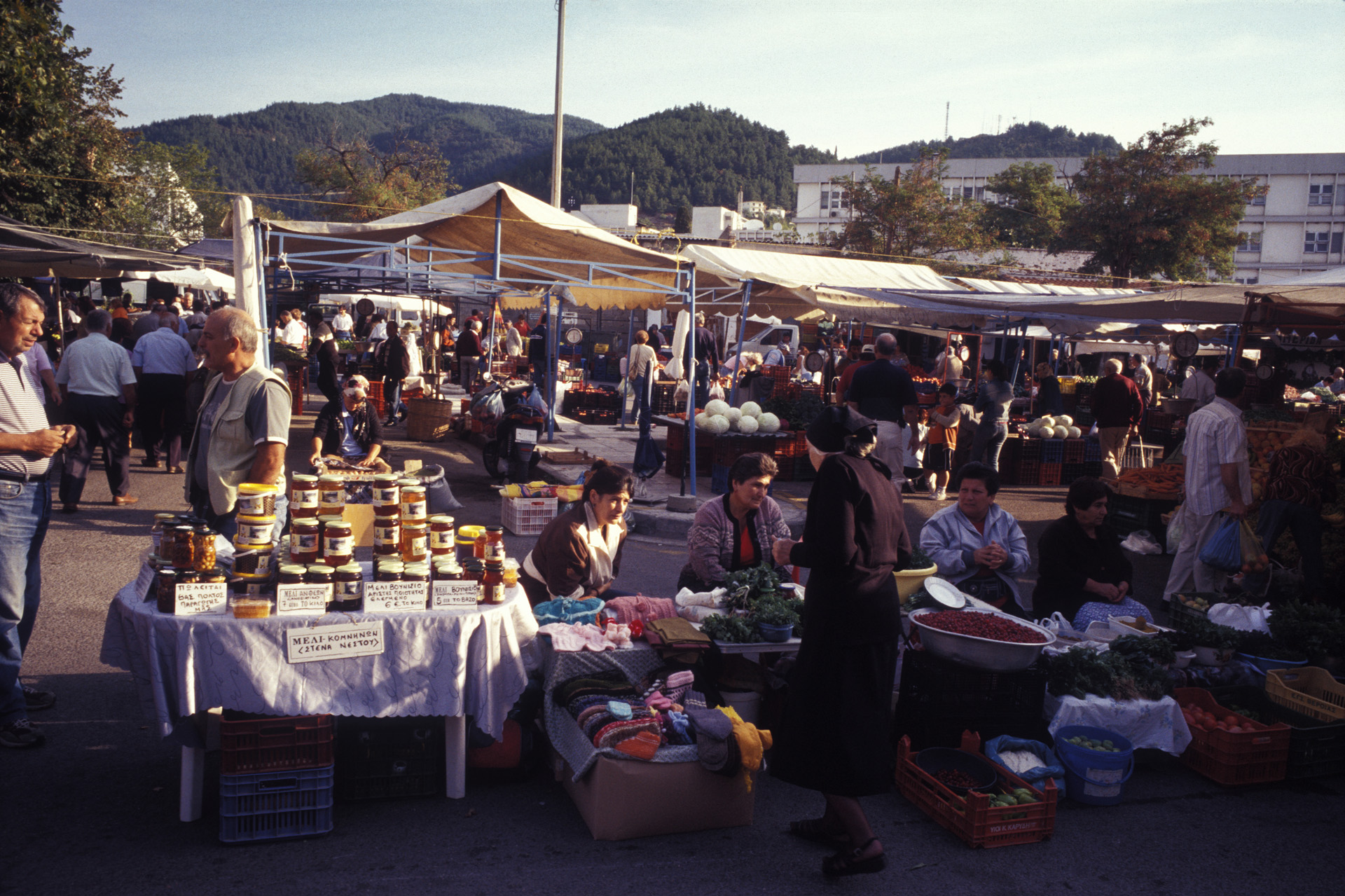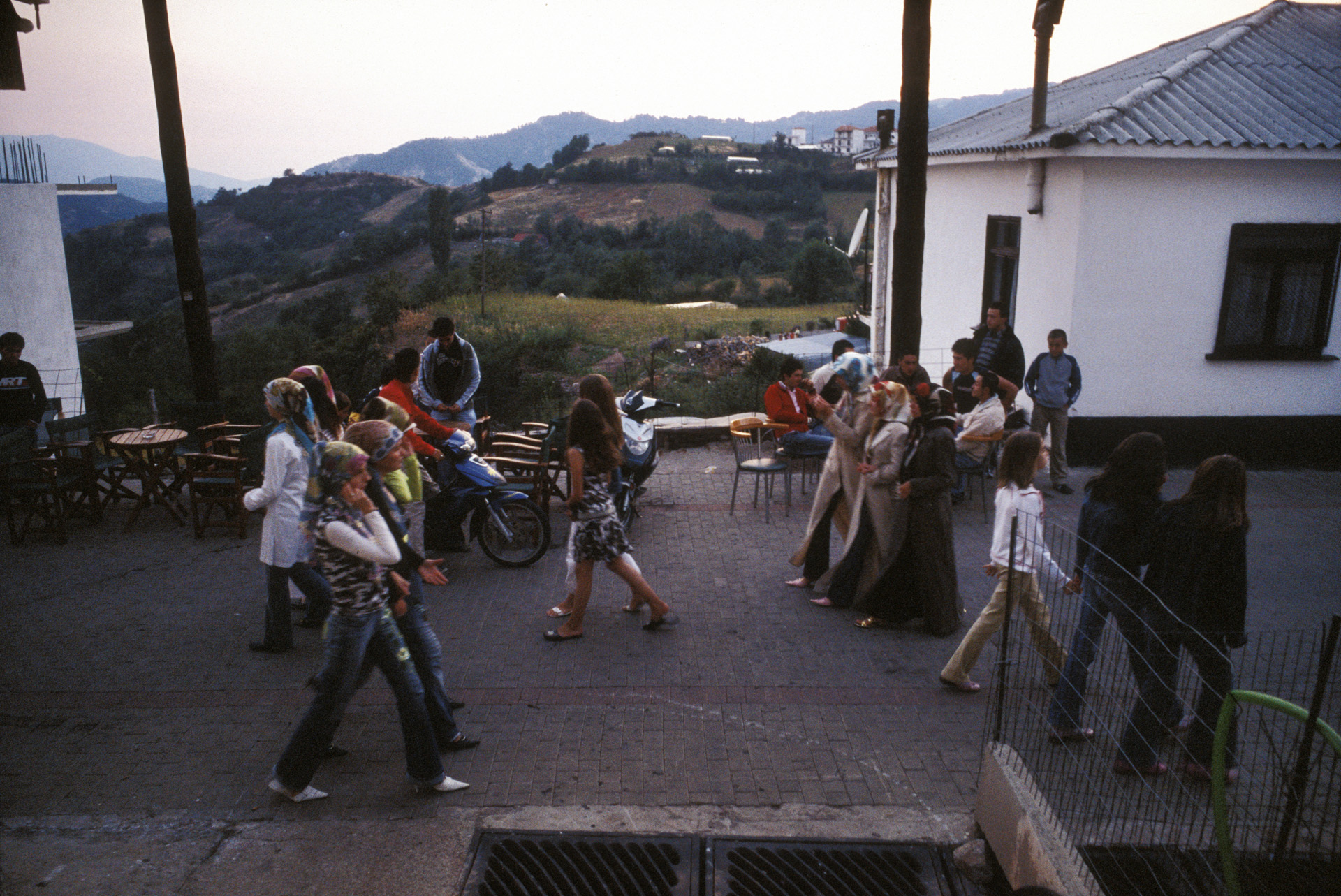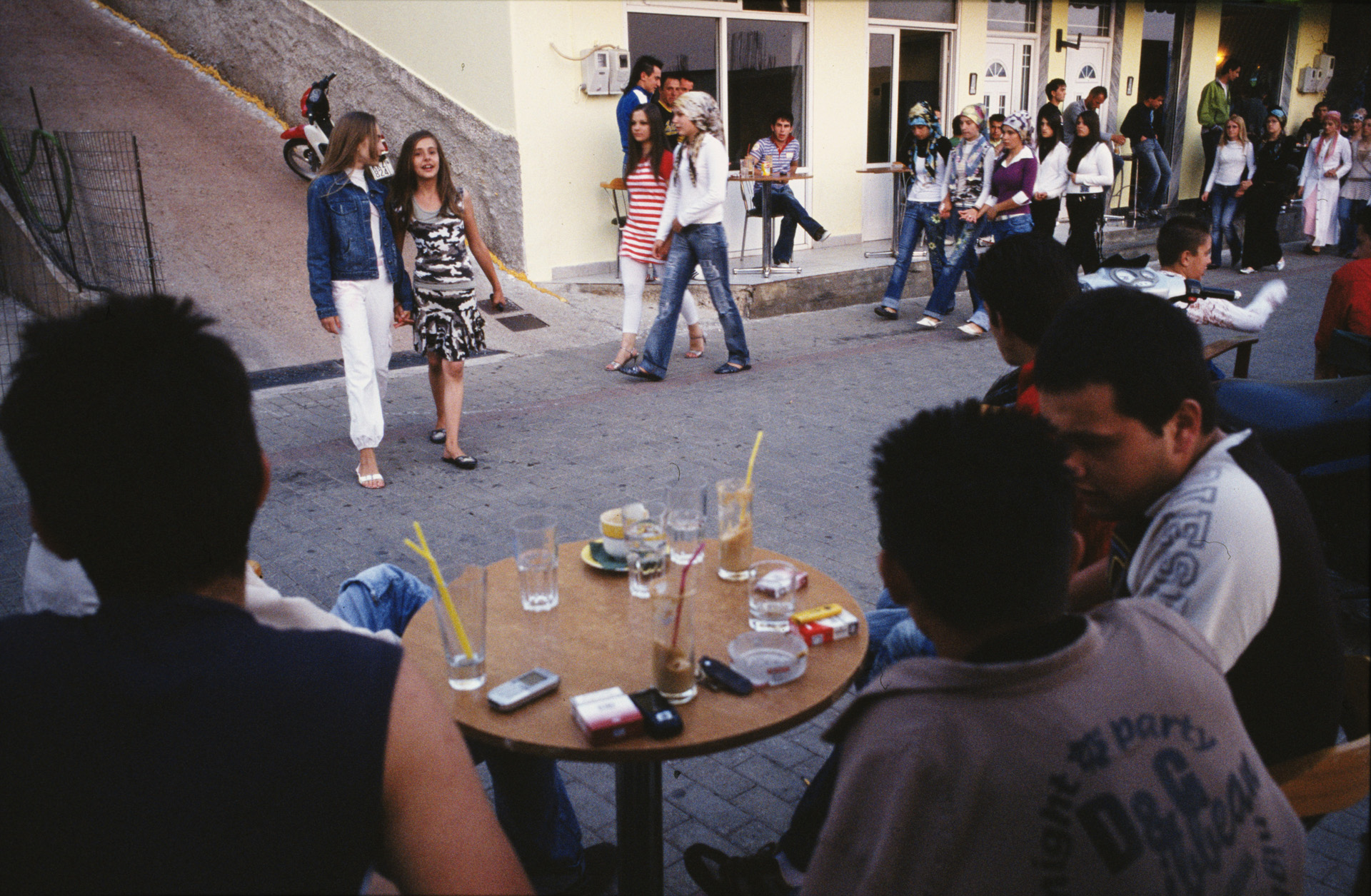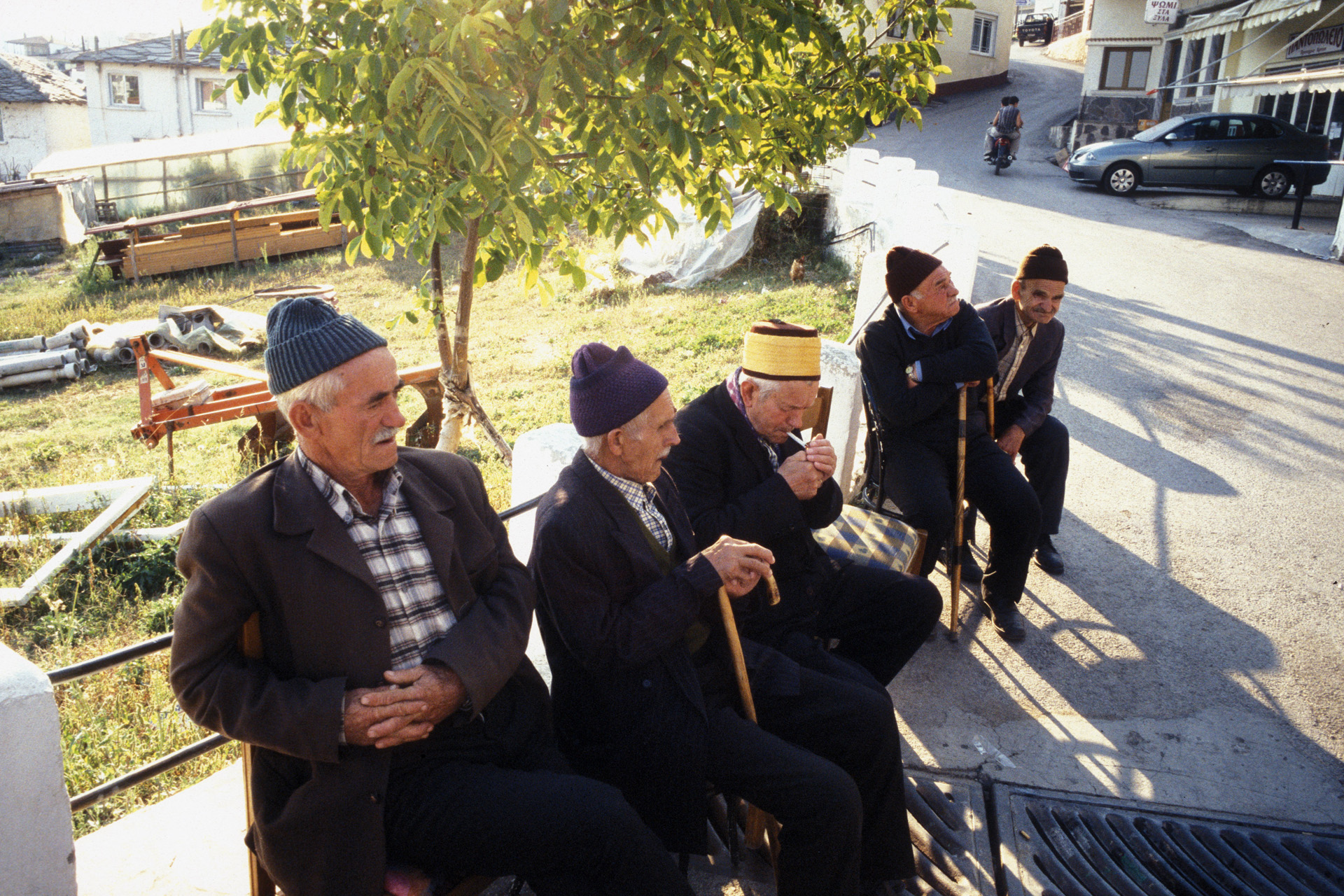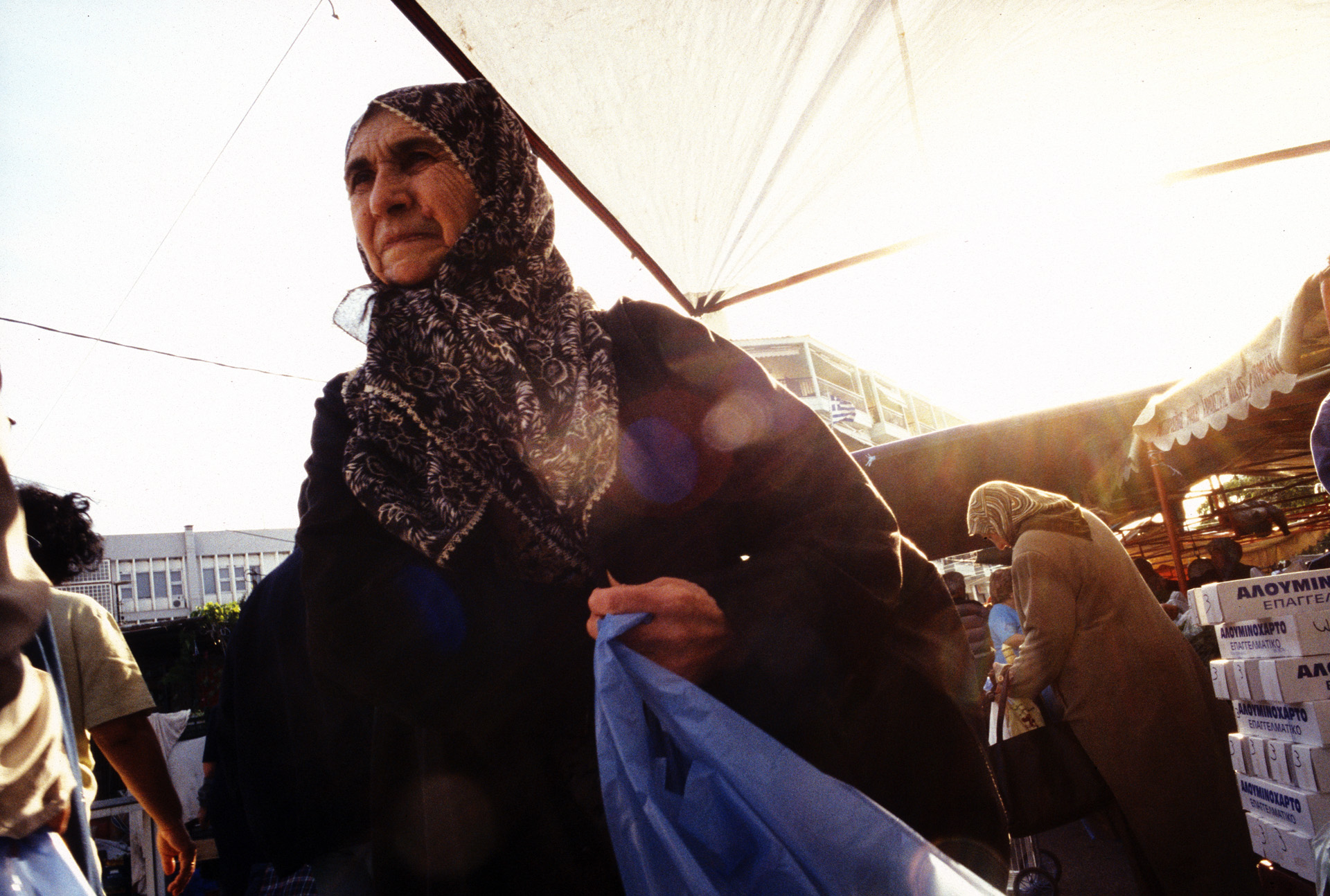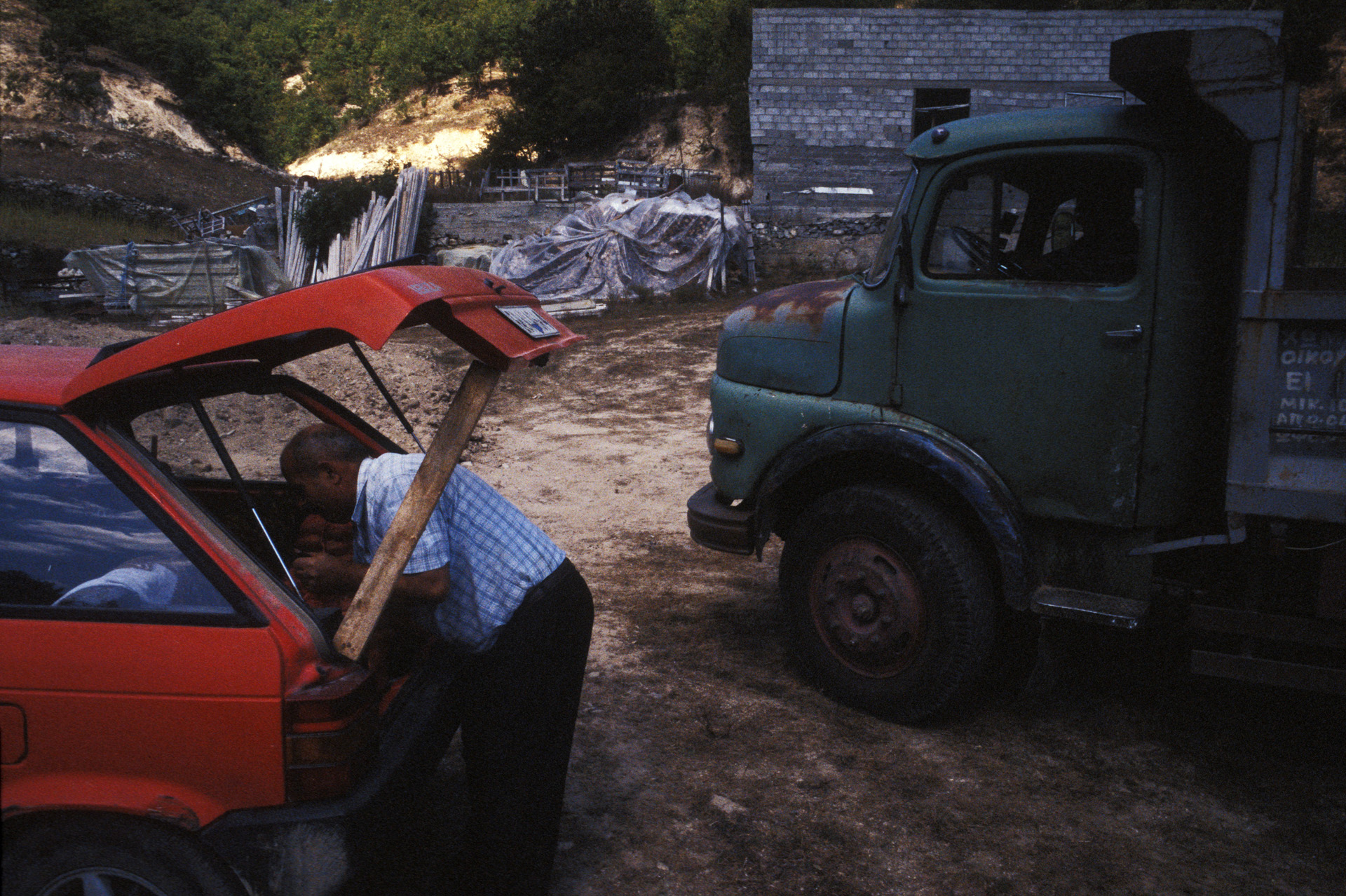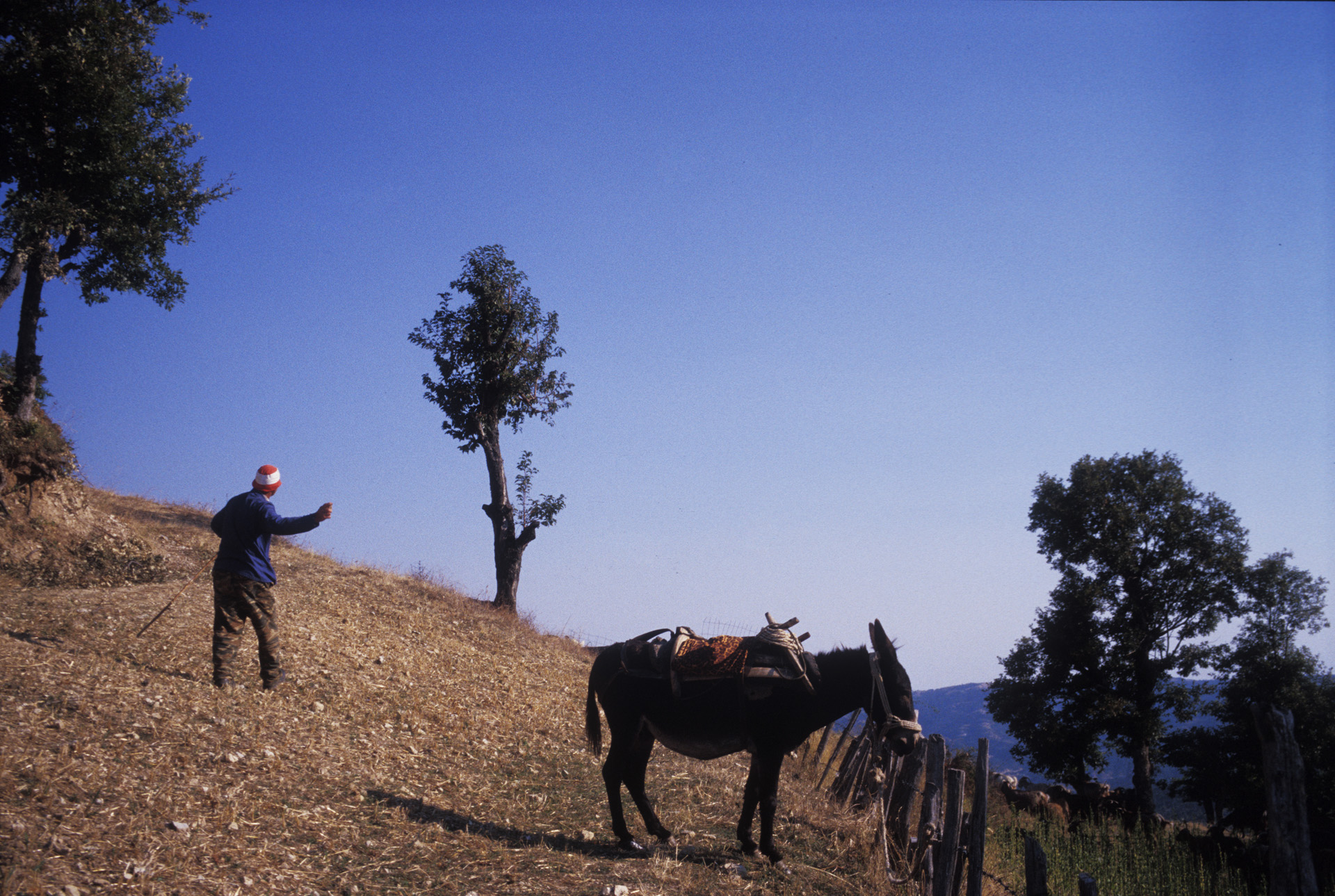Inside the Rodopi mountains, between the borders of Bulgaria and Greece lives a small isolated muslim minority. They are Greek muslims that are called the Pomaki people by the Orthodox majority, but they see themselves as Turkish-Greeks. Because of their religion they are cut of daily life by the greek authority, seeing them as a treat because of the history with the Ottoman empire. Military checkpoints and passports where necessary to enter the mountain region until 1990, but since the Wende the population
The Pomaki people, a hidden minority living in the Rodopi mountains of Bulgaria and Greece, have a unique and rich cultural heritage. Despite facing discrimination and isolation due to their Muslim faith, they have managed to maintain their traditions and way of life for generations. In this photographic documentary, we delve into the lives of the Pomaki people, exploring the challenges they face and the ways in which they have persevered. Through intimate portraits and insightful interviews, we gain a deeper understanding of the Pomaki culture and their history.
The Pomaki people have a strong connection to the land and their traditions, but they have also faced many obstacles in preserving their way of life. The region was once isolated, with military checkpoints and passport requirements necessary to enter, but since the end of the Cold War, the Pomaki people have regained their freedom. Despite this, they remain one of the poorest communities in the area, relying on the production of high-quality tobacco for their livelihood.
This photo series provides a rare glimpse into the world of the Pomaki people, shining a light on their struggles and triumphs. By capturing the essence of their culture and way of life, we aim to bring awareness to this hidden minority and the unique challenges they face. Through this photographic documentary, we hope to help bridge the gap between the Pomaki people and the rest of the world, promoting understanding and respect for their rich cultural heritage.

